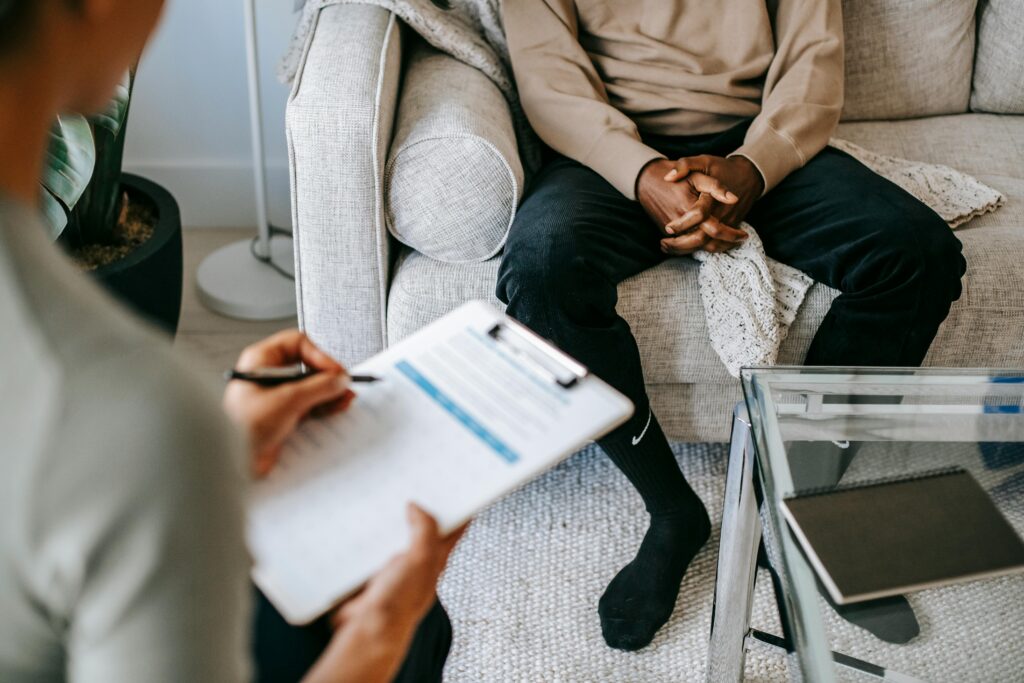It’s common for many veterans to face risks that extend well beyond the immediate (and more obvious) danger of combat and high intensity training. Mild traumatic brain injuries (mTBI) are one of these risks and can be caused by exposure to blasts—both in training and in the field—as well as vehicle accidents, sporting injuries and falls.1 Studies show that more than 28% of Australian Defence Force personnel have experienced a mild TBI.2
While mTBIs are a serious concern that can have long-lasting effects, there are supports and resources available to help you navigate the challenges involved.
but first, what is a mild traumatic brain injury (mTBI)?
A mTBI occurs when an external force, such as the shockwave from a blast or direct trauma from a sporting head knock impacts the head, temporarily disrupting normal brain function. Recurrent mTBI, such as that from repeated exposure to blast overpressure can have significant and permanent effects.
Importantly, even the mildest form can have significant health implications.
how does a shockwave cause mTBI?
It can be hard to imagine how a wave of “air” can cause injury to the brain. But it’s not the air itself, it’s the sudden and intense pressure from a blast that can cause brain swelling, scarring and other neurological disturbances. Otherwise known a ‘blast overpressure’, these repeated percussive exposures can lead to a range of cognitive, physical and emotional symptoms which can also overlap with symptoms of post-traumatic stress disorder (PTSD).1
symptoms vary from person to person
This means that some symptoms may be dismissed or not recognised as being related to a mTBI and they can also vary significantly between veterans. Here’s a list of the common mTBI symptoms1 that we see at GO2 Health:
Persistent headaches and/ or neck pain
Loss of memory, especially of events before or after the injury
Dizziness or loss of balance
Sensitivity to lights and/ or noises
Visual disturbances such as blurred vision or tired eyes
Changes in usual sleep patterns
Mood swings or changes in behaviour
These changes alone are not proof of a mTBI. A diagnosis requires a thorough assessment and investigation by an experienced medical professional.

what can be done to help mTBI?
The first step in navigating a mTBI is a thorough medical evaluation. Early diagnosis and intervention can significantly impact the effectiveness of treatment. Investigations may include neuropsychological testing, brain MRI and neurologist opinion. It is important to exclude other sinister causes for the symptoms you have.
Tailored rehabilitation is crucial following diagnosis and should include physical, mental and emotional support.
Finding a community of fellow veterans who face similar challenges can offer understanding and support—and reduce feelings of isolation.
Helping family and friends understand mTBI will give them the tools they need to better support you with what you need.
DVA & mTBI
Historically, Department of Veteran Affairs (DVA) have not have a specific claim/ SOP for mTBI – they cover Concussion and Moderate to Severe Traumatic Brain Injury.
However, thanks in part to the work a number of years ago by Dr Kieran McCarthy and Dr Ian Fraser at GO2 Health, DVA have now created a claim/ SOP for Explosive Blast Injury.
next steps
mTBI is a serious consequence of military service that affects many veterans—often in silent and unseen ways. Understanding mTBI, recognising its symptoms and knowing where to find help are the first steps towards recovery. At GO2 Health, we’ve seen many veterans, just like you, who have been affected by mTBI and we’re committed to detecting a mTBI diagnosis early and then putting plans in place to maximise your recovery.
There is significant research going on worldwide regarding blast overpressure / percussive effects on the human body. Dr Kieran McCarthy has a particular interest in this field and GO2 Health are becoming more involved with our expert collaborative partners in research, detection and cutting-edge treatment protocols. Watch this space.
You can also visit Connectivity, an organisation dedicated to help improve the lives of people with traumatic brain injury, for other more useful information.
book an appointment with one of our GPs, who are dedicated to veteran healthcare.
- Are you already a GO2 Health patient? 👉🏼 Book your appointment online here
- Are you new to GO2 Health? 👉🏼 Give our reception team a call on 07 3355 5540
References
1University of Adelaide. (2012). Mild Traumatic Brain Injury (MTBI) in the Australian Defence Force: Results from the 2010 ADF Mental Health Prevalence and Wellbeing Dataset.
https://www.defence.gov.au/sites/default/files/2023-11/mTBI_results.pdf
2Department of Veterans’ Affairs. (2024). Helping veterans and families to recover from brain injury. https://www.dva.gov.au/news/latest-stories/helping-veterans-and-families-recover-brain-injury
Originally posted 28 October, 2024.


